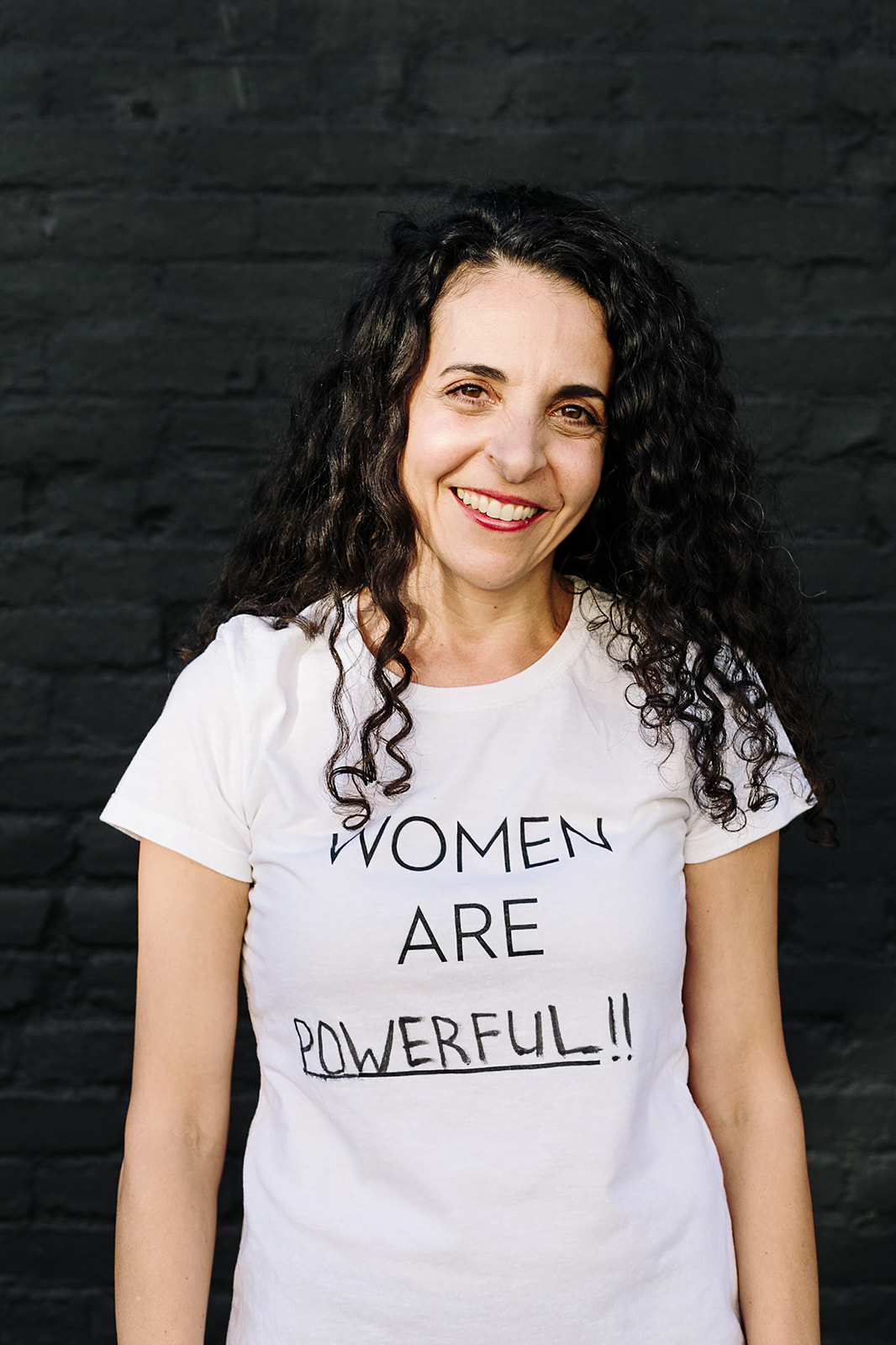This November, MHT is participating in the Miry’s List Friendsgiving Fundraising Drive. The money goes to programs that support refugee families that have been resettled in the United States. In tandem with these efforts, our clinicians are writing posts reflecting on what home means to them.
“Home is where you find your heart, over and over again. Maybe in new ways, maybe in familiar ways, maybe in challenging ways…”
“Family” came to me most strongly as I first associated to the word “Home.” Recently, several family members and friends were evacuated from fires in the middle of the night in Los Angeles. Experiences like these have a way of heightening our senses and awareness and bringing crystal clarity to what we value, what we cherish, and what is most important.
Family has become the people in my life that I love, that support me, and who I support - the people that surround me; made up of blood relatives, friends, colleagues, and sometimes even an unexpected stranger where one of us meets the other and there’s a need or maybe a shared meaningful experience or a joy.
“Home is where the heart is” as the saying goes…I had a strong sense of home as a young child – very strong in fact. And for me home meant the physical home I lived in, my parents, my close neighbors, teacher, a few very close friends, school and our kitty furball at home.
Over time there were some big changes and my sense of home had to be expanded to new places, new people and other new loves. As much as I loved my first home, and wow, did I love it there! – the grass outside, the canyon with the blackberries, the sunshine, and sunken living room with the music playing…it needed the people, the community, and the belonging within context to really locate me as HOME.
It was again clear more than ever that home is where you find your heart, over and over again. Maybe in new ways, maybe in familiar ways, maybe in challenging ways…
I am blessed to have a location to reside – a place I can go that is safe to live and to call home. I have a container for the experiences of my life in my dwelling, and in the dwellings of those I call family. And these places root me and provide memories that root me as well, in the neighborhoods, the stores, the familiar sights, sounds, smells of the blooms as they come and go, the rain, and, of course, food - the associations I have learned though the day to day, week to week, year to year living.
Miry’s List has a specialness in its mission in that it looks at home in all the ways we as humans need to feel we are safe - to feel like we have a sense of belonging; located in space and time with people that care and that we care for as well. Miry’s List goes beyond the obvious to what we all know constitutes real home. HOME is where the heart is…and our heart is housed in a body in space and time with an intricate working system to support it, keeping it pumping happily, resiliently, and strongly.
“Miry’s List has a specialness in its mission in that it looks at home in all the ways we as humans need to feel we are safe - to feel like we have a sense of belonging; located in space and time with people that care and that we care for as well.”
HERE'S HOW YOU CAN PARTICIPATE IN FRIENDSGIVING WITH US:
Give! Visit our Miry’s List campaign page and make a donation. It's that simple and no sum is too small. Truly.
Follow! Be sure to follow us on Instagram and our blog throughout the month of November. We will be reflecting on what it means to be welcomed, received, and known.
Share! Help us spread the word. You can do this by sharing our social media posts or links to our Miry’s List Friendsgiving Fundraiser page.
******
A little about Miry’s List:
Refugee families come to the United States seeking a safe haven from violence and persecution in their home countries. They leave behind family and friends, as well as virtually everything they own. Many Americans, seeing these families in their communities, wonder: What can I do to help? Miry's List provides a mechanism for people to directly help new arrival refugee families with the things that they need to get started in their new lives – from diapers to beds to cleaning supplies and toiletries. To learn more, visit miryslist.org.
Michelle Levy, PhD, is a Licensed Clinical Psychologist. Dr. Levy’s clinical interests focus on parenting practices, attachment, child mental health and developmental concerns as well as the effects of trauma on youth, families and communities.







